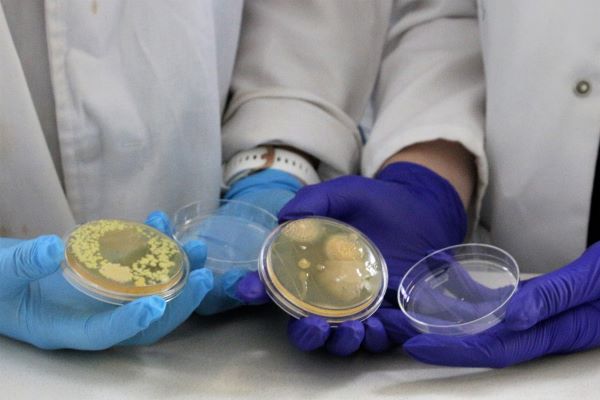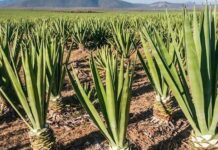With the ban on using all forms of routine farm antibiotics now in place in the European Union (EU), what does the situation hold for South Africa? V-Tech, the country’s largest compounding pharmacy in Southern Africa, has the answers.
The ban in the EU – which came into effect last year – also makes it illegal to use antibiotics to compensate for inadequate husbandry or poor animal / farm hygiene. Hailed as a major step forward for more responsible and sustainable antibiotic use in European farming, if properly implemented, the ban will result in a large reduction in farm antibiotic use across the EU, help tackle the serious crisis of antibiotic resistance, and protect human and animal health.
According to V-Tech’s CEO, Dr Johan Oosthuyse, it is important to first understand just what antibiotic or antimicrobial resistance (AMR) is. “AMR of pathogens has occurred when bacteria stop responding to antibiotic treatment. This makes it difficult to treat infections, increases the risk of diseases spreading, and of the resistant bacteria causing problems in people.
“When antibiotics are over-used or mis-used, they help resistant strains of microorganisms grow and spread. Poor infection control and insufficient biosecurity measures also contribute to this. AMR is a major threat to the animal health industry. It is also a serious concern for human health, and countries are being encouraged to do antibiotic resistance surveillance.”
Dr Oosthuyse explains that in South Africa, V-Tech has a comprehensive monitoring and surveillance programme in place to respond to concerns about the impact on the health of both people and animals. To date, it is the only one of its kind in the country.
“Our programme was developed by Dr David Gerber, the head of research and development at V-Tech and the co-founder of the company, to combat the problem of E. coli becoming more resistant to antibiotics, a serious problem for the local animal health industry and one which could severely impact the economy.
“Dr. Gerber has played a role in ensuring that AMR is managed well in Southern Africa by making sure antibiotics are used wisely and monitored properly in intensive livestock and poultry production.”
Dr Oosthuyse stresses that collaboration is crucial in ensuring responsible antimicrobial usage. “At V-Tech, we support a collaborative approach to combating AMR and in ensuring responsible antimicrobial usage, working closely with veterinarians to promote understanding of the effective use of antibiotics.
“We also work with veterinarians and farmers to select the most appropriate antimicrobial solutions for their herds or flocks. We are taking a stand, not only as a leader in integrated pharmacy solutions but as a partner in the global fight against AMR.”
What’s more is that V-Tech’s role extends beyond borders, as they collaborate with experts, veterinarians, and industry partners to drive education, awareness, and responsible practices in the livestock and poultry industry and beyond.
“By sharing knowledge, we can address challenges, identify innovative solutions, and promote responsible antimicrobial practices, as well as share success stories and lessons learned, driving positive change for animal and public health.”
To this end, the company has set up a number of social media channels, including LinkedIn and Facebook, along with its website, to share information on AMR.
It also openly encourages people, including the media, to visit its 2500 square metre world-class facilities, which comprise two pharmacies and one contract manufacturing plant for stock remedies, based at its head office in Midrand in Gauteng.
Oosthuyse concluded by reiterating the importance of the management of antimicrobials through a testing and screening plan like V-Tech’s to ensure that food safety standards are adhered to throughout Southern Africa, especially in the poultry industry where broilers tend to be more susceptible to bacterial infections.
“This careful and dedicated management of antimicrobial usage in poultry is especially important, since the per capita consumption of poultry meat has been increasing year-on-year as a result of being one of the most affordable protein sources in South Africa and on the rest of the continent.”









